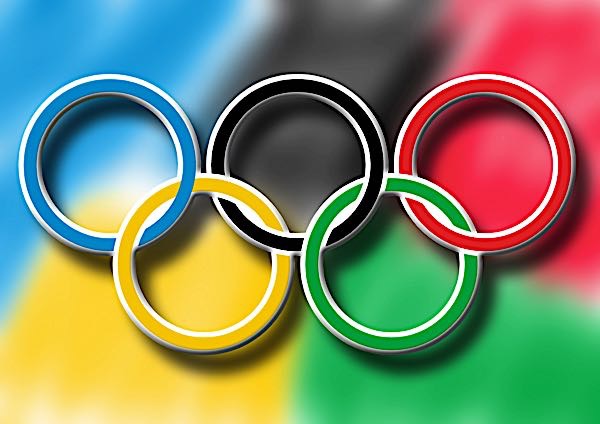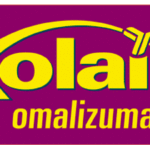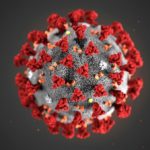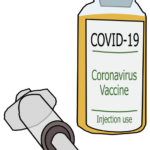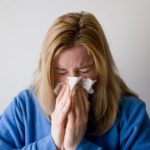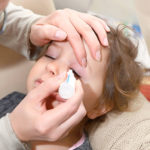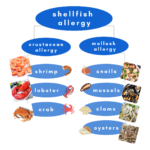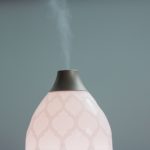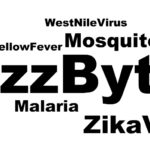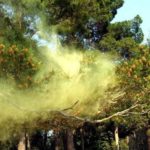Sports Asthma and the Olympics
For interviews and tours of the Delaware Valley’s only certified pollen and mold spore stations for the National Allergy Bureau (NAB) with stations, please email gwoodlyn@asthmacenter.com
The health information contained in this article is meant for basic informational purposes only. It is not intended to serve as medical advice, substitute for a doctor’s appointment or to be used for diagnosing or treating a disease.
The physicians, nurses, and staff at The Asthma Center salute the elite athletes participating in the 2016 Summer Olympics!
We are proud of Team USA ( 39 Medals so far ) !!
The first week of the 2016 Summer Games has certainly confirmed that Olympic athletes epitomize the “best of the best” of both physical fitness and talent. Given the fierce competitions and achievements exhibited, it is no wonder that Olympians seem “superhuman.”
There is one way that Olympians are just like everyone else: Olympic athletes have the same risk (8%) of developing asthma as the general population. Mount Holly, NJ native, Olympic swimmer Kelsi Worrell is one example. She was profiled by USA Today earlier this year regarding her asthma and training for the Rio Olympics.
For Olympic athletes, the rate of asthma has increased in recent decades and asthma is now the most common chronic condition according to a study published this month in the Journal of Clinical Allergy and Immunology. Rates of sports asthma [exercise induced asthma (EIA) also known as exercise induced bronchospasm (EIB) and bronchial hyperresponsiveness (BHR) ] have increased particularly for athletes who compete in any of the endurance sports like swimming, cycling, rowing, and long-distance running. This recent study found that “…asthma develops in endurance athletes and is believed to be related to daily training sessions and frequent competitions with heavily increased ventilation.” Interestingly, the study also found that in Olympic games since 2000, asthmatic athletes won substantially more medals than athletes without asthma and quoted speculation that “…the harder an athlete trains, the better the performance, simultaneously increasing asthma risk.”
Source: J Allergy Clin Immunol 2016:138:409-10
Sports Asthma Action Plan
Few of us are born Olympians, but physical activity is important for everyone, even if you have asthma and/or sports asthma alone. First, it is helpful to know the causes of sports asthma and to be able to recognize the symptoms. Dry air is a common trigger because most individuals breathe through their mouth during exercise. Exposure to pollen and mold as well as other outdoor irritants such as air pollution can provoke symptoms. Indoor allergen exposure as well as exposure to irritants such as chlorine (during swimming in indoor pools) may also provoke sports asthma.
Sports asthma symptoms may vary greatly from person to person. However, coughing, wheezing, shortness of breath, and/or chest tightness with exercise are the typical symptoms which may indicate sports asthma is present, even if there is no other history of asthma. Individuals may also experience similar symptoms with laughing and/or crying. At The Asthma Center, we have established Pulmonary Function Laboratories in all of our 9 office locations to help diagnose and manage your specific breathing condition.
When sports asthma is identified, our specialists create a personalized sports asthma action plan (pre exercise treatment, maintenance treatment, warm-up or cool-down exercises, conditioning, and quick-relief medications) and through regular follow up care, make adjustments as needed. With a plan tailored uniquely for his/her asthma, most individuals can not only can find a sport that can be tolerated but may excel in the physical activity or he/she chooses to enjoy. When asthma symptoms flare, individuals may need to refrain from exercise, contact their specialist, and once symptoms resolve, resume exercise.
Sports Asthma and Kids
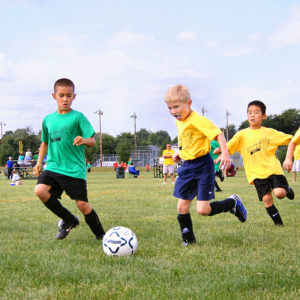 Physical activity is especially important for children with asthma. Summer sports may be winding down, but school is just around the corner.
Physical activity is especially important for children with asthma. Summer sports may be winding down, but school is just around the corner.
Having a sports asthma action plan is the first priority. If your child’s sports asthma action plan has not been reviewed in the last three months, schedule an appointment now as part of your back to school preparations. Next, make sure there is clear communication of the sports asthma action plan between children, parents, coaches, teachers, and school nurses. This will avoid potential misunderstandings and/or delay in treatment. Understanding and communicating the sports action plan is crucial in managing sports asthma for kids and may include pre exercise treatment, maintenance treatment, warm-up or cool-down exercises, conditioning, and access to quick-relief medications. Finally, if your child’s sports asthma does not seem to be under control, or if your child is not doing well after exercise, schedule an appointment with your specialist and review the situation with your child’s teacher(s) and coach(es).
To all the 2016 Olympic Athletes, the physicians, nurses, and staff at The Asthma Center wish you the best of luck as the 2016 Summer Games continue!
To athletes of all ages and abilities with asthma, the physicians, nurses, and staff of The Asthma Center salute you, and we remind you to follow your personalized sports asthma action plan!
Schedule an Appointment – Why Choose Us?
The best way to fight your allergies & asthma is to visit a board certified allergist, learn what your allergies are, create a treatment plan, and adjust as needed. No two allergy & asthma sufferers are alike, so don’t rely on over the counter medications when you could be targeting your symptoms with the help of our allergy experts! At The Asthma Center, we know that no two individuals are alike, and our goal is to personalize your treatment to help you find relief. One way we accomplish this is by identifying your allergies and specific levels of allergic sensitivity through allergy skin testing to help you plan your treatment. By following the local pollen counts, we are able to customize allergy and/or asthma regimens that prevent symptoms caused by taking too little, or too much allergy and/or asthma medication.
Did You Know – Pollen & Mold Spore Counts Direct to Your Inbox!
The Asthma Center’s daily Pollen and Mold Spore Count, the Delaware Valley’s only Official count station which is certified by the National Allergy Bureau are now available via email. Subscribe to receive our daily counts by email or check out some of our other blog posts to learn more about what is in the air, how it can affect you, and what you can do about it.
Recent
Popular

